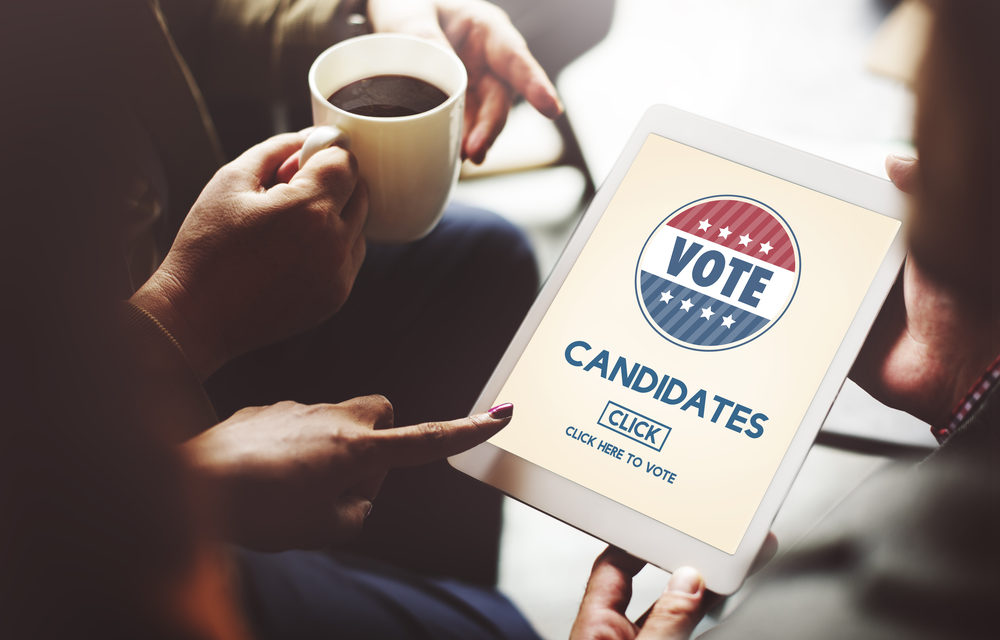The biggest concern that the surveyed marketers had about their digital political campaigns was providing impact for their clients, which 67% cited as an important issue. Meanwhile, just 32% worried about fake news and fake ads, and 35% were nervous about brand safety and fraud—problems that have long plagued programmatic advertising.
Critics of digital advertising have blamed the confusing nature of programmatic for placing ads next to questionable content. And unlike TV ads, which have stricter regulations when it comes to political messaging, digital advertising remains the wild west during political campaigns.
Frustrated lawmakers have lately advocated for more regulation of online ad platforms. In the past year, Google, Facebook and Twitter each took baby steps toward making political ads more transparent on their platforms.
But stories implying that the rules of online political advertising are being overhauled obfuscate the fact that many political marketers will continue relying on automated ad buying this election season. And their preference makes sense, given that more than 80% of digital display ads will be bought programmatically this year, according to eMarketer. For many digital political marketers, the upcoming elections will be business as usual.

